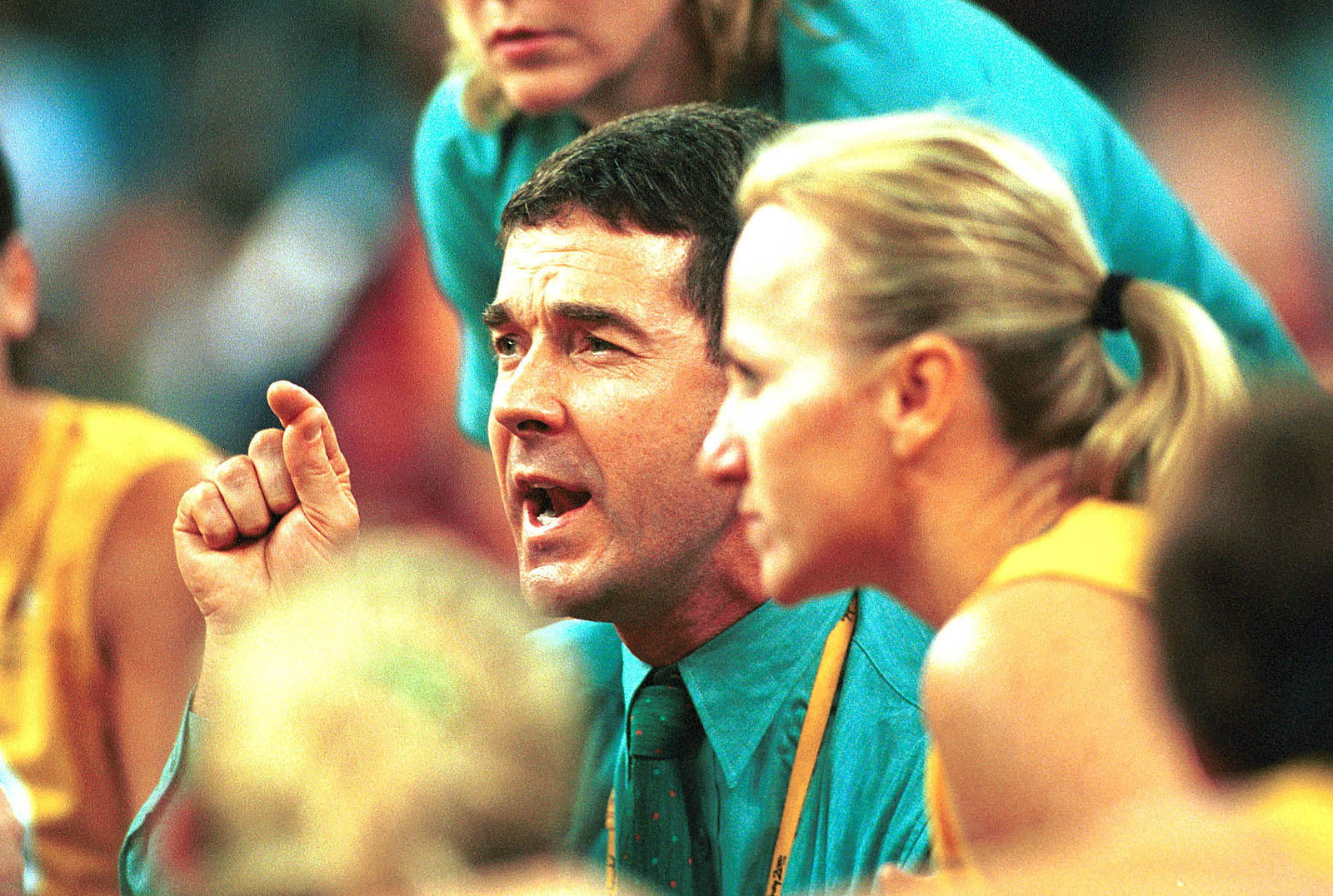From the world of sport, here is a cautionary tale about providing too much knowledge.
 |
| Image from wikimedia commons |
This is the moral of a story told by David Flatman, the sports writer, in his column this week. Flatman first describes a coach who was prone to providing knowledge overload.
One thing he did struggle with was delivering information on game day. He didn’t get nervous or lack clarity of message. It’s just that there were way, way too many messages. On a Friday morning, we would each be given a ‘tip sheet’ designed to offer us key pieces of information to remember and what we call ‘triggers’. These are initial actions the opposition would take that we knew, from extensive analysis, led to certain plays. However, this sheet contained something like 50 tips. Even for your average brainiac, that’s an awful lot to take in.Then things changed after the coach hired a learning specialist.
Next weekend I didn’t receive the usual 50 tips. Instead, I got a scrap of paper with two things written on it: “If you are caught out wide in defence, work your nuts off to get closer to the breakdown.” And: “If it moves, hit it.” That was it. And it changed my game.
After the game I quizzed [the learning specialist], and his answer was simple: “You need to see your tips; telling you isn’t enough. You also, like every player, can only retain a tiny amount of information on game day due to the stresses involved, so that’s what we gave you.”The same is true in the work situation. You don't need to give people all the knowledge - give them enough to make a difference, and then let them reach for more as and when they need it. Let them "zoom in" on the items they need, rather than presenting them will everything all at once.




No comments:
Post a Comment